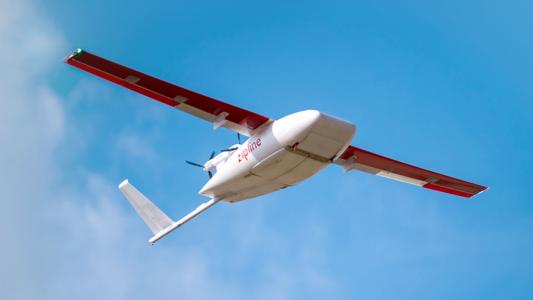Protecting healthcare workers during the COVID-19 pandemic has proven incredibly difficult.
Not only is the coronavirus highly contagious, supply shortages have forced many medical workers to treat patients without the proper personal protective equipment.
A shortage of coronavirus tests, meanwhile, has made it impossible to know just how many healthcare workers have contracted the coronavirus — but some places estimate that they account for as many as 20% of confirmed COVID-19 cases.
To address this issue, a team of researchers has developed a new device for protecting healthcare workers from infection — while simultaneously helping COVID-19 patients receive better care.
Ventilator Woes
If a COVID-19 patient can no longer breathe on their own, healthcare workers can hook them up to a ventilator, a machine that forces air into the lungs via a tube inserted in the throat.
However, some places don’t have as many ventilators as they do patients in need of them, and recent research has shown that ventilators might do more harm than good for some COVID-19 patients, causing lung damage.
A better option, some experts suggest, is non-invasive respiratory support — simply cover the patient’s mouth and/or nose with a mask and pump pressurized oxygen through it.
But while that approach could address both the shortage of ventilators and potentially lead to better patient outcomes, it does have a downside.
“(I)t may increase the risk of infection for healthcare workers, as virus particles can become airborne due to mask leakage, the speed and direction of the air flow, or from patient coughing,” Yochai Adir, a professor from Lady Davis Carmel Medical Center in Israel, said in a press release.
Protecting Healthcare Workers
On April 21, Adir and his colleagues published a research letter in the European Respiratory Journal detailing a system that they say does a better job of protecting healthcare workers while delivering non-invasive respiratory support to coronavirus patients.
The system consists of three parts.
The first is a clear plastic canopy that covers a patient’s upper body. The second is a high-quality air filter, and the third is an electrical fan that creates negative pressure within up to four canopies at once.
This negative pressure means that clean air can enter the area within the canopy, but contaminated air can’t get out.
According to Adir, the system has already proven effective at both protecting healthcare workers and helping coronavirus patients.
“We installed this cost-effective system within our hospital and found it supports the delivery of non-invasive ventilatory support with minimal risk of infection for the medical staff,” he said.
The researchers do note that their canopy system might make it more difficult for healthcare workers to administer patient care. Using them in small rooms could prove particularly challenging, too.
Still, medical facilities need to do a better job at protecting healthcare workers during the COVID-19 pandemic, and this innovative system could make that possible, with the added bonus of delivering better care to patients.






